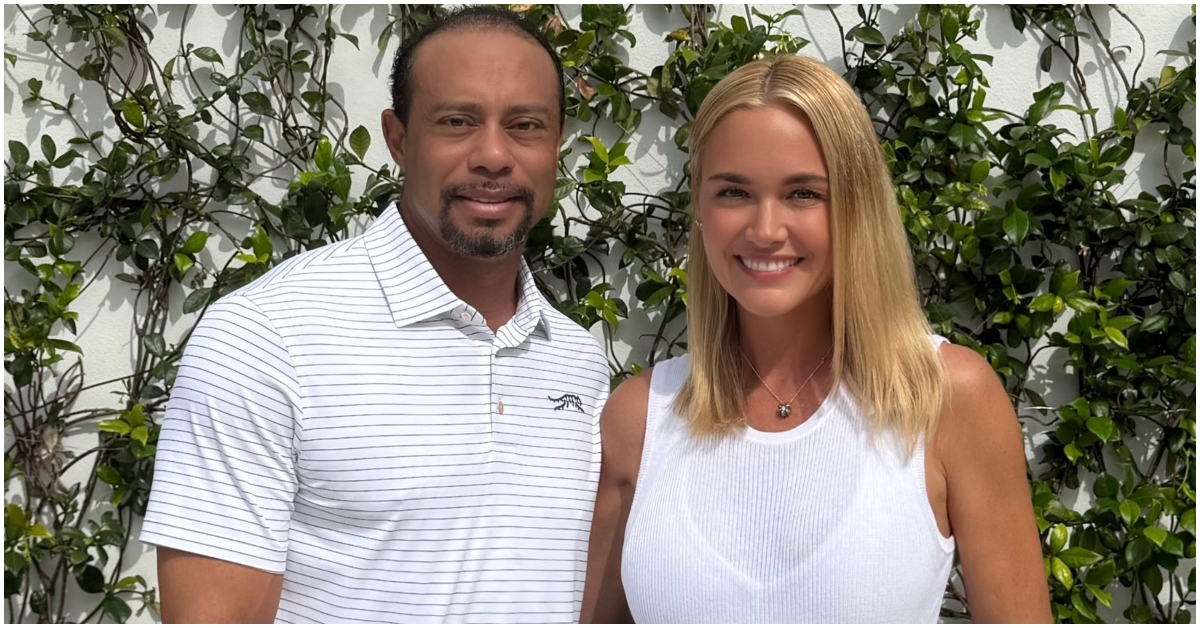A deeply moving video has surfaced, capturing the raw pain of loss as comedian KK Mwenyewe was laid to rest. Among the mourners, one moment stood out—his best friend, Kafengo, gently tapping his casket before it was lowered into the grave, a gesture so intimate and final that it gripped the hearts of many across the nation.
Dressed in solemn black, Kafengo stood still beside the grave, his face heavy with sorrow. As pallbearers lowered KK’s casket into the earth, he reached out and tapped it softly—a wordless goodbye that spoke volumes. He then crouched silently, eyes fixed on the ground, his grief too deep for words.
The two had been inseparable, their bond forged not just through comedy, but also through hardship. Kafengo had stood by KK through years of illness, even being at his side in the final moments at the hospital.
The burial, held at KK’s mother’s home in Lari Constituency, brought together friends, fans, and celebrities from all over Kenya. But it was that single, heartbreaking tap on the casket that stole the nation’s breath.
On TikTok and other platforms, Kenyans poured out support for Kafengo, urging his loved ones to watch over him now more than ever.
“The tapping. That broke me. Praying for Kafengo.” – @Davis
“To the very end, he was a true friend. May we all find someone like that.” – @chegewanuni
“That moment crushed me. KK, you left a void in Kafengo’s heart.” – @baby Nancy
When called to speak at the burial, Kafengo tried—but words failed him. The silence was deafening, his pain evident to everyone present.
Elsewhere, KK’s younger sister broke down in tears as she eulogized her brother—her mentor and closest friend.
Through sobs, she vowed to carry on his legacy, her fragile voice echoing the heartbreak of an entire community.
In a final act of poetic irony, one of KK’s most iconic skits—where he critiqued posthumous government donations—was played at the burial. It was his last performance, and one that hit painfully close to home.
As Kenya mourns the loss of a rising comedic star, many are left clinging to the memory of that silent tap—a simple, shattering reminder that some goodbyes are too heavy for words.
Behind the Laughter: KK Mwenyewe’s Hidden Battle That Ended in Silence Explained By Best Friend Kafengo
The world of digital comedy is fast-moving and glamorous on the surface—but beneath the viral videos and trending hashtags lies a lonely, unforgiving battlefield. For the late Kenyan comedian KK Mwenyewe, whose hilarious impersonations made millions laugh, that world was both a stage and a silent storm.
To fans, KK was the master of satire, the king of mimicry whose every punchline hit home. But to Kafengo, his closest friend and fellow content creator, KK was something more—a brilliant artist slowly being eaten away from the inside.
“People saw the jokes, the skits, the laughter,” Kafengo shared in a heartbreaking online tribute. “But they didn’t see the man behind the camera—curled up in pain, unable to eat, too weak to stand.”
Since 2020, KK had been quietly battling chronic stomach complications, especially severe acidity—an illness that, while invisible to the public eye, shadowed every moment of his success.

Each viral video was crafted under physical strain. Each scene, every script, every smile—carried a hidden cost.
“There were days he’d cancel recordings—not because he lacked ideas, but because his body simply gave up on him,” Kafengo recalled.
Over the years, the condition worsened. With no structured health insurance or regular medical support, KK—like many digital creatives—faced an impossible choice: suffer in silence, or stop working altogether.
In an industry that thrives on constant output and viral relevance, resting often felt like a luxury he couldn’t afford.
Medical experts warn that untreated chronic acidity can escalate dangerously—causing ulcers, internal bleeding, and long-term organ damage.

And for young creators like KK, living gig to gig, skipping treatment isn’t a matter of negligence—it’s a matter of survival.
His story has shaken Kenya’s entertainment community to the core, sparking conversations about the unspoken mental and physical toll carried by those who create for a living without the backing of healthcare safety nets.
“KK made millions laugh,” Kafengo said through tears. “But behind the scenes, he was fading. And now he’s gone.”
His death has become more than just a personal tragedy. It is a national moment of reckoning. It reminds us that entertainers—those who lift our spirits and light up our screens—are often the ones most overlooked in moments of crisis.

KK never spoke publicly about his illness. He chose to let the comedy speak louder than the pain. Even in his final days, he protected his audience from the weight he carried.
Now, his silence has become a powerful message. “This should never happen again,” Kafengo urged. “KK didn’t have to die in pain. Let his legacy be a turning point.”
As the country mourns the loss of a comic genius, we remember him not just for the jokes—but for the strength it took to tell them while in pain. KK Mwenyewe gave his all to make us laugh. Even when it was hurting him.
Now, may his laughter echo louder than the silence we once ignored.
Kafengo Organized a Candlelit Vigil That Left Many in Tears
In a poignant tribute to his late friend and comedy partner, Kafengo organized a candlelit vigil in honor of Mr KK Mwenyewe—a night that glowed not just with candles, but with raw emotion, memories, and unspoken grief.
Held beneath the quiet sky, the vigil drew friends, fans, and fellow creatives who gathered to remember the man who brought light to others while silently battling his own darkness.
As soft music played in the background, those in attendance lit candles one by one, each flame representing a moment of laughter, a cherished memory, a life touched by KK’s brilliance.
Kafengo, fighting back tears, stood before the crowd and finally spoke the words he couldn’t at the burial:

“He gave us his heart—skit after skit, joke after joke. Even when he was breaking inside, he chose to make us smile. Tonight, we light these candles not just for his memory, but as a promise—that we will never let his light go out.”
The moment that broke many came when a montage of KK’s funniest skits played on a screen behind the gathering. People laughed through tears—recognizing now what they hadn’t seen before: the pain behind the punchlines.
Children held photos of KK. A friend read a poem. And in the silence that followed the final prayer, Kafengo knelt beside KK’s framed portrait, placed a single white rose, and whispered, “We’re still together, bro. I’ll carry the dream.”
For many, this vigil was more than a farewell. It was a call to see the human behind the humor, the soul behind the screen.
And in that flickering glow, KK Mwenyewe’s legacy burned brighter than ever.



